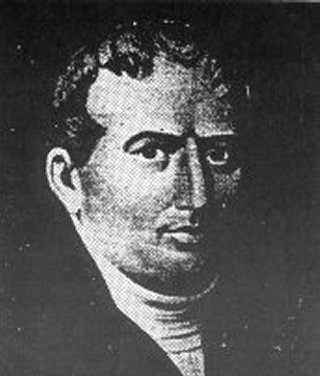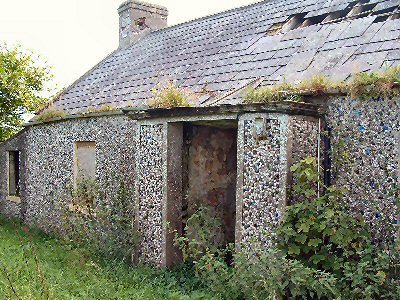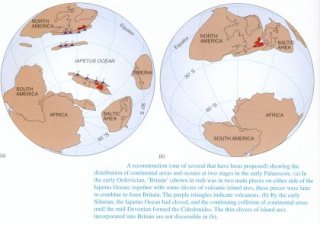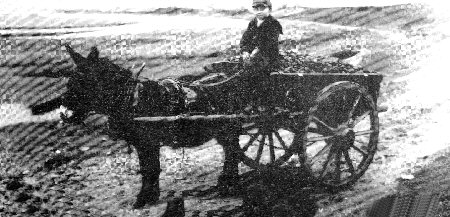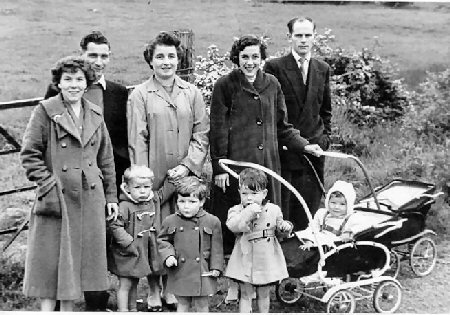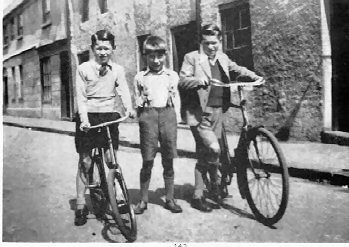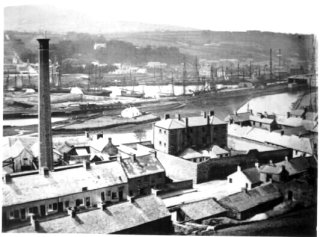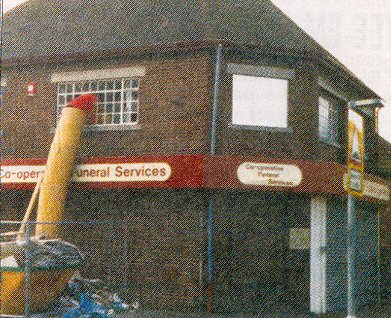Earnest sum of money given to seal a bargain
Edge ‘she gave him the sharp edge of her tongue’
‘her temper’s a bit on edge’
Endeavour attempt, ‘I’ll do my endeavour to get it’
Erran errand
Easy come by easily procured, ‘money’s not easy come by’
Even impute, suggest ‘would you even the likes of that to me?’
Even one’s wit have words with, ‘I wouldn’t even my wit on ye’
Every each, ‘there’s an egg in every nest’
Elsin awl
Face ‘the thing has no face on it’ [unlikely story]
‘it seems faceable’ [probable]
Fadge portion, cake of bread, ‘give him a wee fadge for his pocket’
Failed ill, ‘She’s looking failed recently’
Fall to an invitation to eat
Fangled entangled, ‘the goat’s all fangled in the tether’
Farl the fourth part [of griddle bread]
Farness distance, ‘What farness off do you live?’
Farntickles freckles
Fashion habit, ‘Looking wise is a fashion he has’
Fault blame,‘he faulted him for spreading the story’
Favour ‘he is ill-favoured’, ‘he favours his mother’s side’ whereas his brother is ‘the dead spit of himself’
Feart afread
Fetch report, story ‘he always has some fetch in his mind’
Fickle unsafe, ‘the ice is in a fickle state’, ‘a fickle fence’
Fidge fidget, n. a small amount, ‘I couldn’t give a fidge’
Figary trick
Find notice, ‘do ye find the cool breeze now?’
Finished perfected, ‘a finished blackguard’, ‘a finished scholar’
Fire throw, ‘he fired a stone at me’
Fissling rustling noise
Fizz impress, ‘too much drink never fizzes him’
Take a fizzic! calm down!
Fix condition, ‘in a fix’
Fell on stumbled, ‘the horse fell on me’
[in his] feet barefooted
Feth faith
Fettle condition, ‘in fine fettle’
Flake beat, ‘he flaked the oul’ mare’
Flaming angry, ‘she was flaming’
Flammery flattery
Flatter coax, ‘I’ll flatter it out of him yet’
Flipe an untidy or careless woman
Flit to change one’s abode
Flite a scolding or silly person
Fly sly, ‘he’s the fly boy’
‘she’d fly at ye with her tongue’
‘he let fly with his boot on me shin’
‘he let fly wi’ his fists’
Flush a pool of water, a drain; with loads of money
Fluster confuse, hurry
Fogg moss
Follow trade, occupation, ‘what does he follow?’
Folly follow, ‘he’d folly me anywhere’
Foot ‘hay on foot’ [still uncut] ‘child on foot’ [beginning to walk]
‘lost his foot [slipped]
Footing authority, ‘he’s no footing over me’
Footings small clamps of turf
Footy small, mean
Footery awkward
Fornenst opposite
Forrad forward
Ill-founded without foundation
Founder chill, ‘the cow has a founder on her’
Foxy sly
Fozy light, spongy
Framed made-up, ‘a framed story’
Freak out of the ordinary
Free loose-talking , ‘she’s too free wi’ her tongue’
From at a distance, ‘I saw him from me a bit before it began’
Full-farmer well-to-do farmer
Full-drunk very drunk
Furbish to dress, brighten
Gather up assemble and arrange, harvest, ‘gather ’em up there’ ‘Gather yerself up, there, before the priest comes’
Get-up outfit ‘some get-up she had on!’

